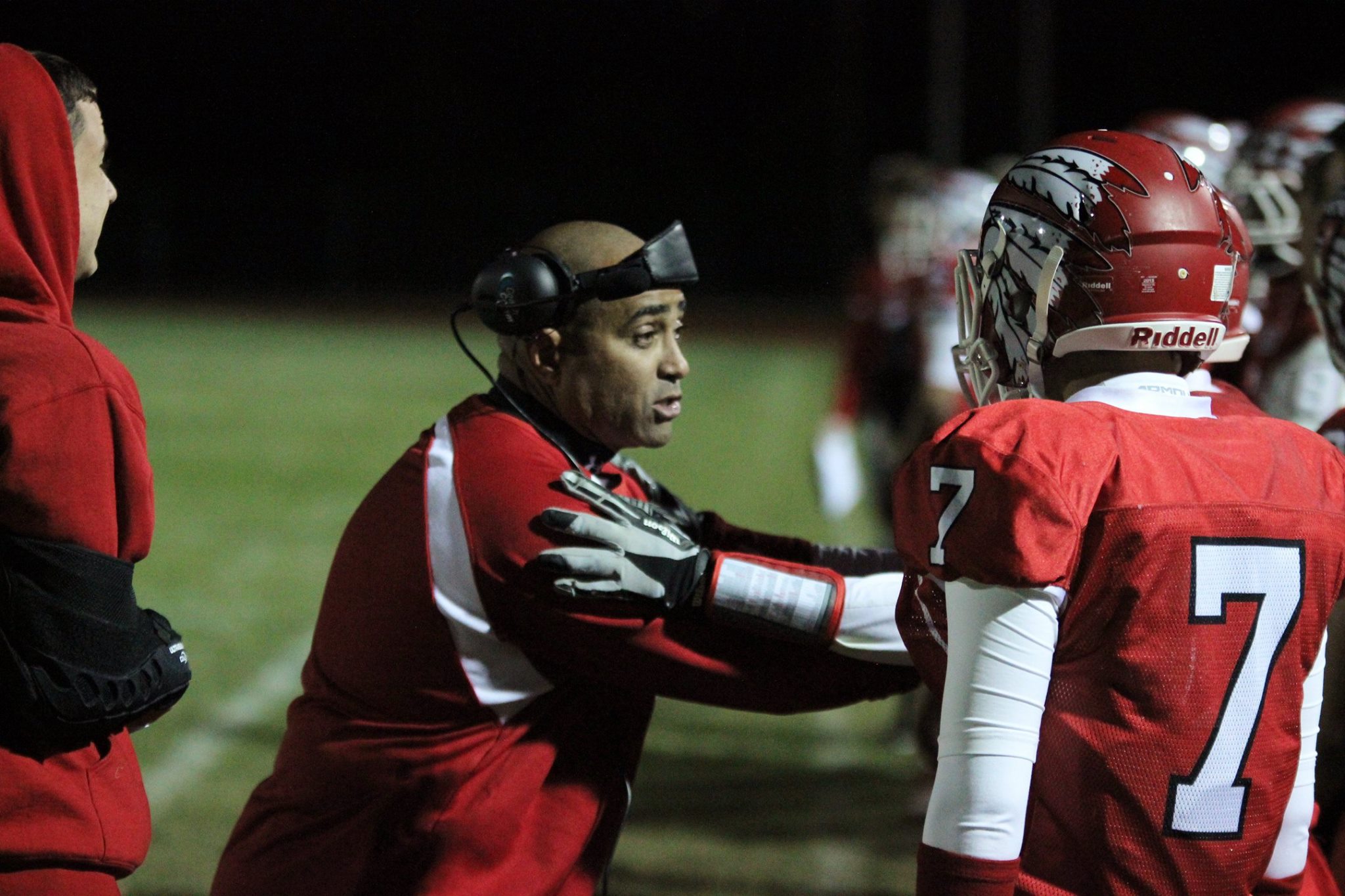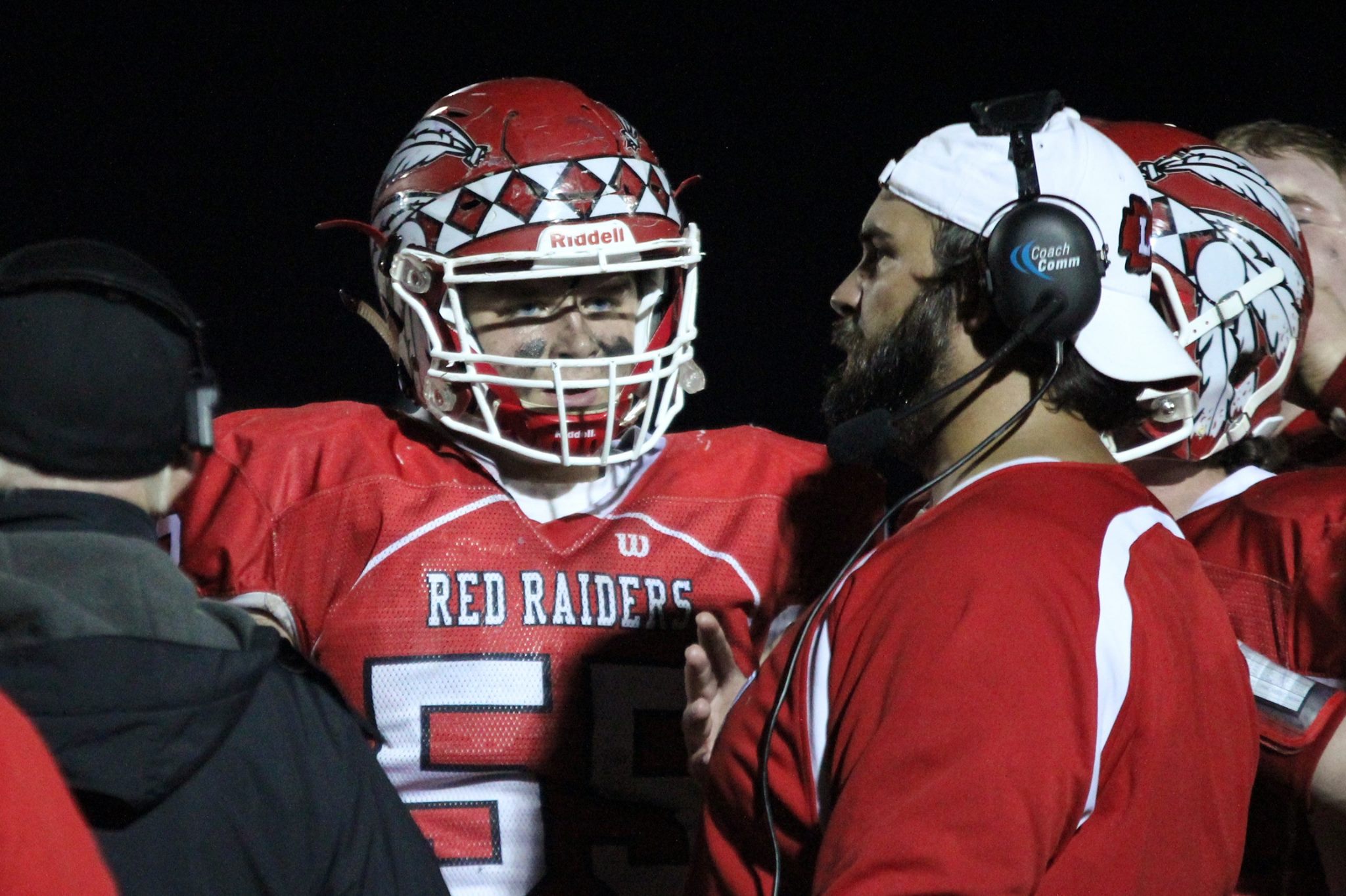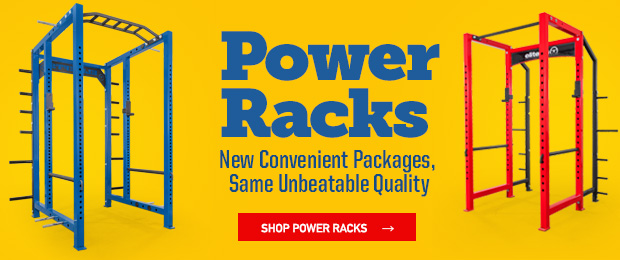
After many years in this profession, one of the questions that I get asked the most is, "What is the hardest part about your job?” Obviously, my response has changed over the years.
When you first start out, the problems you face may seem big, but they're really insignificant in the overall big picture. Are the players going to respond? What happens if someone gets injured in the weight room or on the field? Will I go over budget? Am I innovative enough? Do the coaches believe in me? The list goes on and on. These things are important, and they get handled right along with the daily demands that you face: making sure the workout was what the athletes needed, making sure the staff was on point, making sure athlete X got better, making sure a staff member remembered to weigh in his team, making sure someone bought energy drinks, getting your printer fixed and resolving schedule conflicts with coaches.
Then there are more problems, or as I like to call them, challenges. These are things that you'll face no matter where you are, no matter what setting you're in and no matter what athletes you work with. These are things that you just have to handle and chop down one by one. Hire good people and let them do their jobs and carry out your vision. These are things that you can control.
But the biggest problem is one I started to see creep up a few years ago and it's gotten worse as the years have gone by: the culture that your athletes are living in. The instant gratification culture that they grew up in has gotten to the point where it's sometimes impossible to make sense of some of the decisions these athletes make. I'll break down some of the differences that affect this culture and how to deal with them. This, by far, is the hardest part of the job, and I believe it will be a challenge for years to come.
I don’t want to sound like an old man, but when I was growing up, you worked for everything that you had. I remember when I was 11 years old and I told my dad that I wanted a television for my room (a black and white one no less). He said, "That’s nice. Go get a job and buy one." So I went out, got a paper route and, a year later, I was the proud owner of the finest used, black and white television that $65.00 could buy. Could you imagine your athletes being told to go out and get a job if they wanted something? I bet 80 percent of your athletes have never even had a job in their life, yet they have 10 times the amount of stuff that we had at their age. Much of it isn't their fault, but as a coach in this day and age, you have to find a way to relate to their generation. Everything they have now is 'I,' and it's getting harder to get them to buy into 'we' and 'us.' Everything they want is at their fingertips. If they need to make a phone call, they all have smart phones (no payphones and no quarters, thank you). If they want food, there's a McDonalds, Chipotle or Smoothie King on every corner. If they need information or research for a class, they just reach into their book bags and grab their phones or laptops (much easier than learning the Dewey decimal system). Don’t get me wrong—I would've loved to have all this stuff available to me when I was in college. It would've made my life much easier and more efficient. It would've been much better than standing in a dorm hallway waiting to use the only payphone on the floor while listening to a homesick freshman cry about her boyfriend who's still in high school. (At least they just text now.)
RECENT: The Dark Side of Coaching: How Secure Is Your Job?
I'm not saying that change is bad, but it's different and it produces a different result in how your players think, act, learn and prepare. They learn differently than most of us did. They have much shorter attention spans, they have broader educations and they rely heavily on visual and audio teaching methods because they grew up in a digital age. I'm amazed at the projects that my own kids do now. They make videos on laptops for class and email their homework to the teacher. The lines of communication between teachers and students are amazing. I didn't want to even talk to my teachers, and once you got an assignment, you were on your own. If kids have questions now, they just email a teacher or classmate and get their work done. So figuring out how these athletes communicate and learn are two of the biggest obstacles that you'll face and you'll need to master them in order to be successful.
Another big change in the culture shift is the enormous amount of information available. You have to be on top of all types of training methods and drills because they're all out there and the athletes can get them. YouTube, Twitter and Instagram contain more training and sport-specific drills than you could dream up in a lifetime. I must have had a different athlete come up to me three times a week with some new drill or exercise that an NFL player or Olympic soccer player was doing and ask why we weren’t doing this drill or that drill. (Worse yet, we even got this from the coaches.) It used to drive me nuts, but I bit my tongue and finally realized that if you can’t beat ’em, join ’em. So at the end of workouts or drills, I let them do a drill of their choice that they had found as long as it was safe and we could help coach them. It became a positive experience because they were invested, and we picked up some really great drills and position-specific exercises along the way.
Another really difficult thing to master is the lack of leadership and coaching that these kids can take. I remember the days when you told an athlete to do something and he did it because he trusted you and the coaches. Everyone got better, and we moved on. Now, it's so different. You almost have to be a salesman in everything that you do. It doesn't matter how much you or your staff knows. The athletes have all the answers. Many of these issues stem from high school because they have their coach’s hands tied. The coaches want to send kids to good schools and get scholarships so that their program looks better. They want to win so that they can keep their jobs, and God forbid any of these coaches punish a kid for breaking the rules and get their names and programs plastered all over social media. It's a hard, no win situation for high school and college coaches without any real solution in sight.
RELATED: The Biggest Key to Success in the Client-Coach Relationship
I've seen this play out too many times in my career. Your team signs a kid, and the day he reports to campus, you know that you made a mistake in signing him. He's outspoken and knows everything. Due to a lack of leadership in the other players' lives growing up, they'll listen and follow him because they'll follow anyone who speaks up and has a personality. Turns out you were right on day one. He never winds up playing a down, and you have to keep the cancer on the team because of APR points. The coaches send him down to the scout team so that they don’t have to deal with him, but I guarantee he's the biggest problem for the strength coach, trainer and equipment guy. It happens at every school hands down. The worst part of it is how even on the football side, players will listen to advice from someone like that who has no clue how to even line up in a stance over their position coach who has been doing this job for 25 years. That's something we all have to deal with, and the best way to do it is to sit that player down and find a happy medium, a way that you can both survive.
In order to be successful in any endeavor, you have to give people what they want. This is true in coaching, business, family, you name it. So find out what it is and give the player what he wants. Treat him like a professional and move on. We all have to bite the bullet sometimes. Don’t let one or two players take up all your headaches and concerns while the other hundred or so busts their asses for you.
The best advice that I can give you in order to have success is make sure that you, your strength staff, the sport staff and the administration are all on the same page of the same game plan. Build great relationships with your players. Find out what makes them tick, and develop great communication with them. It isn't easy, but in the end, it will make your job much more enjoyable. Good luck this off-season!
Photos courtesy of Chris Whitacre












